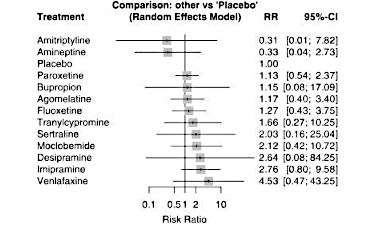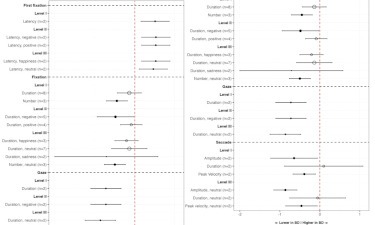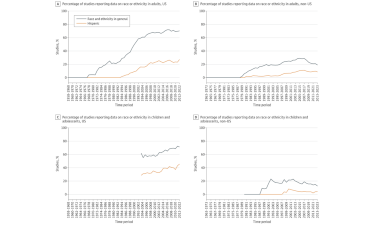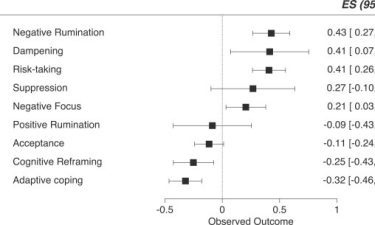Evidence-based syntheses in mental health
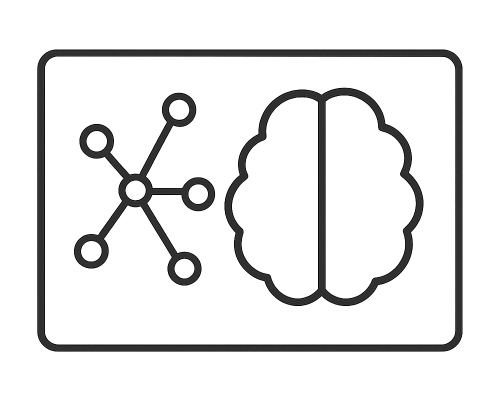
We carry out large-scale evidence syntheses—including meta-analyses, mega-analyses, and umbrella reviews—on the variables and processes involved in mental disorders. These methods allow us to combine results from many independent studies, increasing statistical power and providing a clearer picture of consistent findings across the field. While much of our work centers on neuroimaging results, we also investigate clinical risk factors and prognostic markers that help explain why some individuals experience worse outcomes than others.
To advance this line of research, we have developed and validated widely used methodological tools such as Seed-based d Mapping, which has become a standard in neuroimaging meta-analysis. We also play an active role in international initiatives like the ENIGMA consortium, where large-scale collaborations and data sharing make it possible to address questions that no single group could tackle alone. Through these efforts, we aim to generate reliable, reproducible knowledge that informs both neuroscience and clinical practice.





